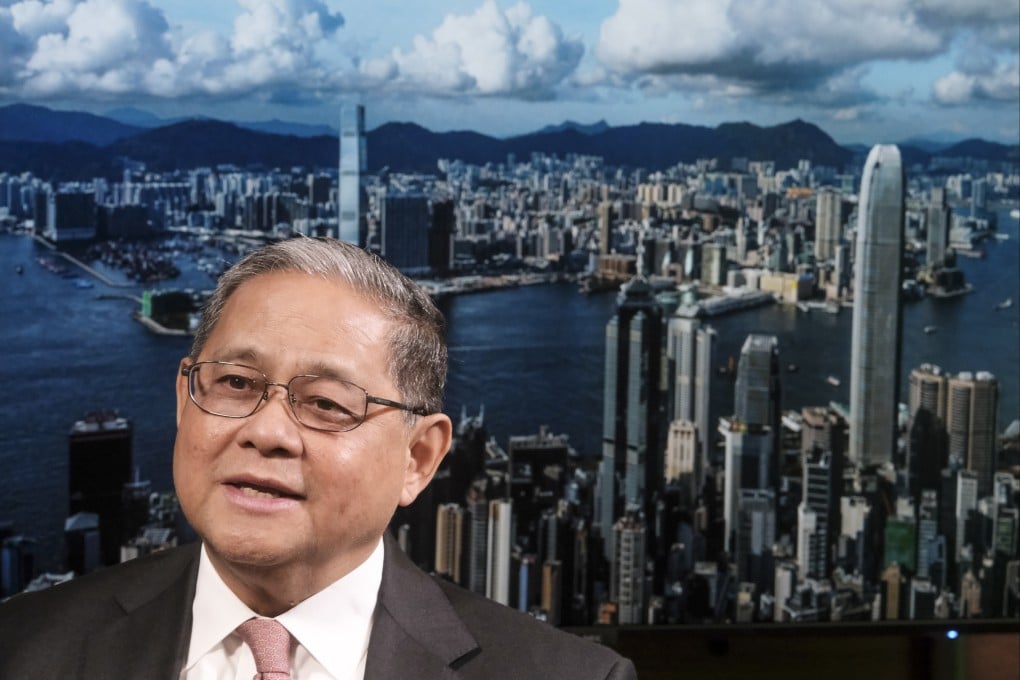Hong Kong has potential to become ESG education hub for fashion sector: tycoon Victor Fung
- The city has the opportunity to train people on implementing sustainability and ESG practices in the fashion industry, Li & Fung honorary chairman says

Hong Kong has the potential to become a sustainability education hub for apparel makers and firms in the fashion industry supply chain, according to tycoon Victor Fung Kwok-king.
The city has the opportunity to create yet another industry, to train people on implementing sustainability and environmental, social and governance (ESG) practices, one that will put Hong Kong on the global map, Fung, the honorary chairman of supply chain management conglomerate Li & Fung, said in an interview.
“We can set up a whole series of courses and make an industry out of training in Hong Kong,” Fung said.
The workshop was part of Li & Fung’s fashion tech summit, which was organised under the theme of sustainability as a competitive advantage.
Once Hong Kong becomes a training base for sustainability in the fashion industry, the long-term goal should be to set up globally acceptable standards for sustainable manufacturing practices that can be applied to thousands of factories around the world, Fung said.
